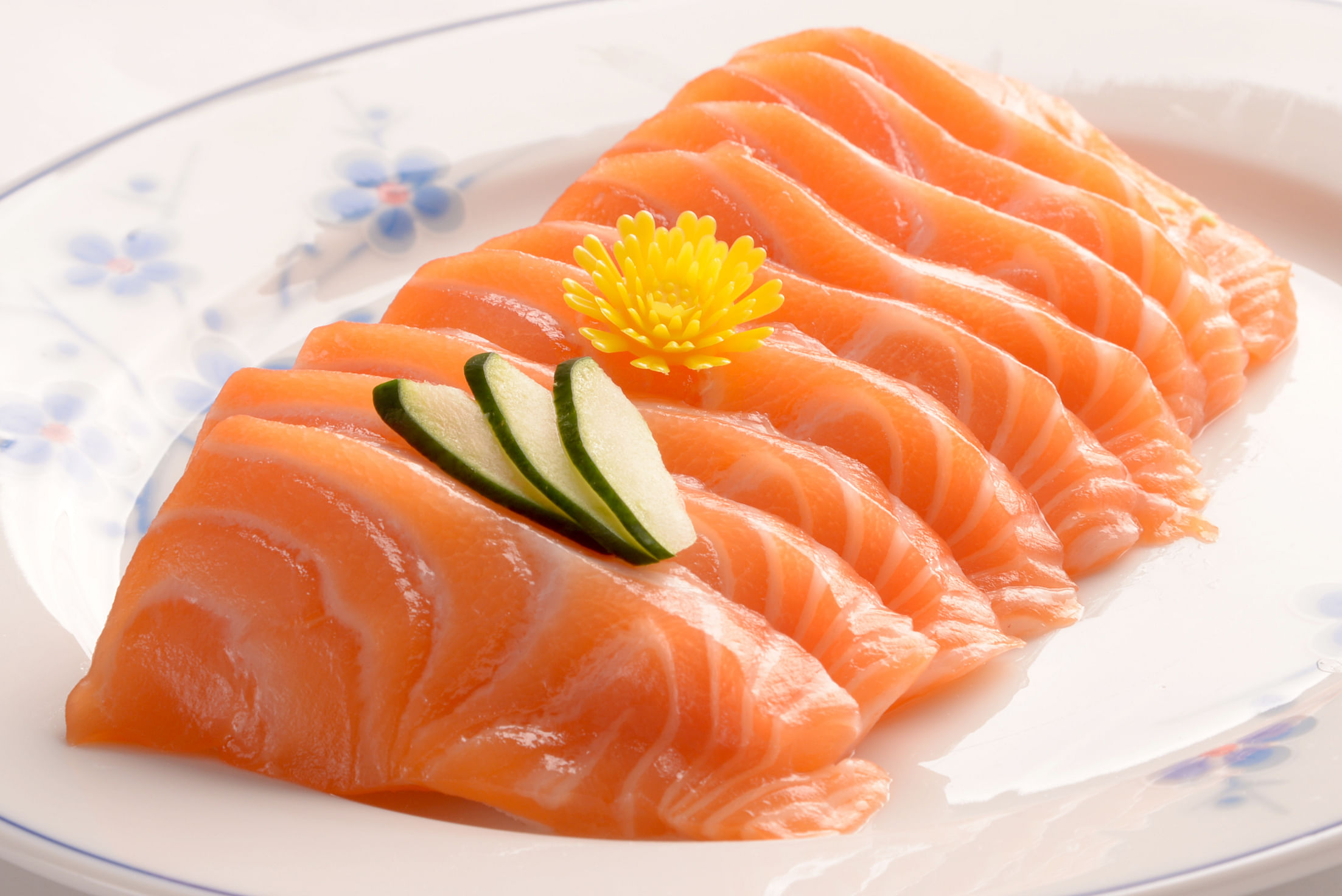SINGAPORE - Good food can be passed off as food worth eating - only if it is safe to consume.
The current case involves Pow Sing restaurant, which, as of July 12, had 29 verified cases of gastroenteritis and investigations are currently ongoing.
This is just the latest case of a food establishment being suspended after outbreaks of food poisoning among its diners.
Here is a look at the five most recent cases.
1. Pow Sing restaurant

Pow Sing restaurant and its sister eatery Pow Sing Kitchen at Serangoon Gardens had their licences suspended indefinitely on July 13 and July 16 respectively after the authorities became aware of at least 29 cases of gastroenteritis, otherwise known as gastric flu, that were linked to the eatery.
An inspection on July 5 threw up several food lapses, such as the failure to maintain temperature records and allowing an unregistered food handler to prepare food.
Pow Sing, which sells zi char or cooked food in addition to chicken rice, has been told to dispose of all food and completely sanitise the kitchen.
Contamination can occur if food is left in the open for too long; if raw and cooked food are mixed; or if a worker has gastroenteritis.
Laboratory tests on the food samples from the eatery are still being carried out.
2. Pek Kio food centre

With more than 180 cases of gastroenteritis reported, Pek Kio Market and Food Centre in Owen Road area had to be closed on May 25 for a thorough cleaning and disinfection, including disinfection of dining tables, chairs, food preparation surfaces, walls and floors, for two days.
More than 180 people had sought medical treatment for diarrhoea, vomiting, fever and abdominal pain. While most recovered within days, seven people had to warded in hospital.
3. Kuisine Catering

Poor hygiene standards at Kuisine Catering are a likely cause of a mass food-poisoning incident last February, resulting in 231 people falling ill,with five of those affected requiring in-patient medical treatment.
Investigations by the National Environment Agency (NEA), Ministry of Health and Agri-Food and Veterinary Authority concluded that food poisoning was likely due to a food-borne pathogen, Salmonella enteritidis, which is normally linked to raw poultry products.
Following the incident, caterers may soon be subjected to new and higher standards of hygiene and food safety under an accreditation scheme, giving consumers some form of assurance.
4. Goodwood durian pastries

Goodwood Park Hotel's food establishment licence was suspended on April 22 after 76 cases of food poisoning were linked to its durian pastries.
But on May 3, it was revealed that up 183 cases may be linked to the hotel's hugely popular durian pastries.
Further investigations revealed that lapses in food handling in the durian pastry kitchen were to blame. All food handlers had to undergo medical screening and retraining on safe food handling practices
5. GBS infection from raw fish dishes

In December 2015, stalls were no longer allowed to sell Chinese-style raw fish dishes such as raw fish porridge due to its link with an aggressive strain of Group B Streptococcus (GBS) bacteria.
The outbreak, caused by the Type III GBS ST283 strain, is the largest of its kind in the world, with about 360 cases of GBS infections since January 2015 and about 150 cases linked to the consumption of Chinese-style raw fish dishes that use freshwater fish.
This ban extended to hawker centres, coffee shops, canteens, food courts and caterers but left out restaurants, which generally observed hygiene standards.
The ban on using such freshwater fish remains in force until further notice.


